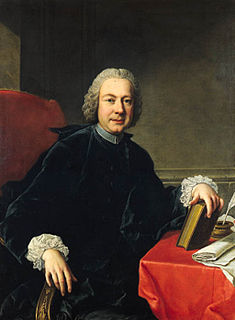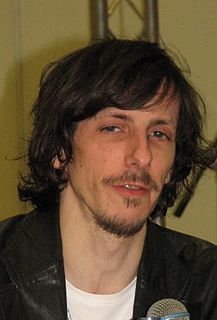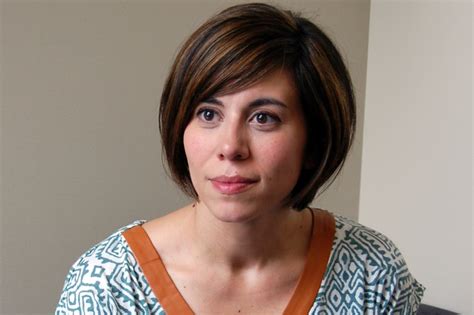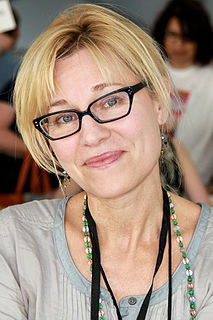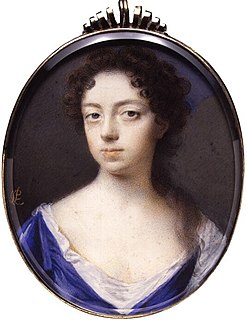A Quote by William Makepeace Thackeray
If a secret history of books could be written, and the author's private thoughts and meanings noted down alongside of his story, how many insipid volumes would become interesting, and dull tales excite the reader!
Related Quotes
I found that many gifted people are so afraid of writing a poor story that they cannot summon the nerve to write a single sentence for months. The thing to say to such people is: "See how *bad* a story you can write. See how dull you can be. Go ahead. That would be fun and interesting. I will give you ten dollars if you can write something thoroughly dull from beginning to end!" And of course, no one can.
What a wee little part of a person's life are his acts and his words! His real life is led in his head, and is known to none but himself. All day long, the mill of his brain is grinding, and his thoughts, not those of other things, are his history. These are his life, and they are not written. Everyday would make a whole book of 80,000 words -- 365 books a year. Biographies are but the clothes and buttons of the man -- the biography of the man himself cannot be written.
Who cares what the color means? How do you know what he meant to say? I mean, did he leave another book called "Symbolism in My Books?" If he didn't, then you could just be making all of this up. Does anyone really think this guy sat down and stuck all kinds of hidden meanings into his story? It's just a story.... But I think you are making all of this symbolism stuff up. I don't believe any of it.
if I believed that the choice lay between a sacrifice of the completest order of biography and that of the inviolability of private epistolary correspondence, I could not hesitate for a moment. I would keep the old and precious privacy,-the inestimable right of every one who has a friend and can write to him, - I would keep our written confidence from being made biographical material, as anxiously as I would keep our spoken conversation from being noted down for the good of society.
The author with the greatest influence on me is my friend Stephen Harrigan, who critiques everything I write before I even bother to show it to my agent or editor. He's a truly great writer - author of Gates of the Alamo and other books you might know of, and his instincts about what's working in a story, and what's not, are just about perfect. My books would be very different without his influence.
For many people during many centuries, mankind's history before the coming of Christianity was the history of the Jews and what they recounted of the history of others. Both were written down in the books called the Old Testament, [the Torah] the sacred writings of the Jewish people ... They were the first to arrive at an abstract notion of God and to forbid his representation by images. No other people has produced a greater historical impact from such comparatively insignificant origins and resources.
Did I, my lines intend for public view,How many censures, would their faults pursue,Some would, because such words they do affect,Cry they're insipid, empty, uncorrect.And many, have attained, dull and untaught,The name of wit, only by finding fault.True judges, might condemn their want of wit,And all might say, they're by a woman writ.

